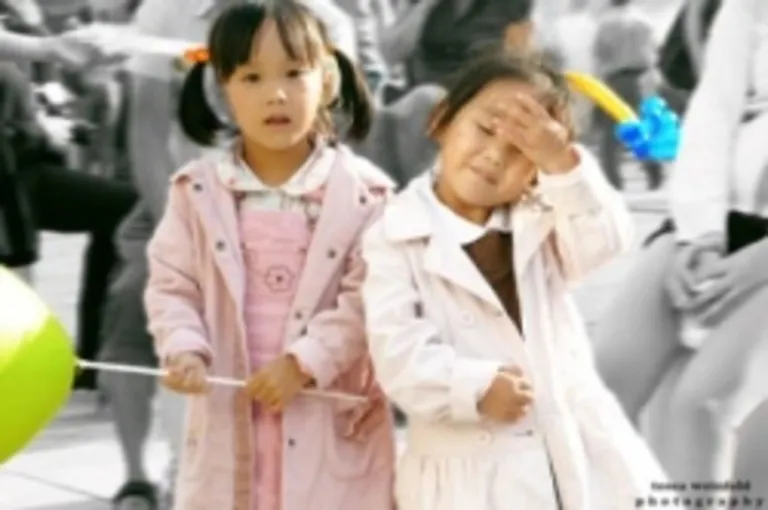Are all Peruvians identical in the eyes of Polish people?
Even if less frequently than in other parts of Europe, it is hard to deny that this kind of dialogue could also take place in different contexts in Warsaw:
- Mike B.: All Peruvians play folk near Metro Centrum!
- Mario V.: Mmmm…I don’t think so: I’m Peruvian, and from what I’m aware of, by using just a tiny bit of logic, and without needing to conduct a complex statistical analysis, my mom, dad, siblings, grandparents, aunts, uncles, cousins, friends, ex-classmates, buddies, acquaintances, and probably the vast majority of Peruvians I know and I don’t know (in millions) have never been seen playing folk near Metro Centrum…So, let me ask you a question: what do you know about Peru?
- Mike B.: Well, that’s easy, I know that you have Machu Picchu, Incas, llamas, and that you play folk music with panpipes.
- Mario V.: Interesting insights. Let’s see…
Living the Peruvian Experience: A Way to Start
First of all, let us replace the question used as a subtitle, “are all Peruvians identical in the eyes of Polish people?”, by a more general inquiry: “are all Peruvians identical?” Back in June 2010, Kontynent Warszawa published its monthly magazine for the promotion of the many different cultures living in Warsaw, this time under the title Varsovia a la Peruana, or Warszawa Peruwianska, in Polish. The first paragraph of the English version of the main article of the online edition of this publication stated the following question: “what is the first thing that comes to your head when you hear the word Peru?” When asking that, we were not expecting an answer that could come too close to Peru’s reality. Moreover, six months have passed and a new article is raising the same kind of query, this time in the middle of a dialogue, expecting no major changes in the worldview about Peru and Peruvians: Machu Picchu, Incas, llamas, Andean folk music, and panpipes.
Nevertheless, asking this question over and over again and consequently getting involved into discussions seeking to open people’s minds in order for them to understand the truth about Peru, an action that seems to be as soft as to unable any major contributions, have triggered the first positive results on the matter. Not only have people in Warsaw been learning the truth about Peru in a face-to-face contact with Peruvians and empathic foreigners, cultured on Peruvian matters, but small groups of Peruvians have come together to rediscover, learn together, and organize themselves so they can raise curiosity about Peru and share its richness with every time bigger groups of people. In this way is how in the last half a year not only great friendships have been formed around the topic of Peru, but associations have been developed, such as Fuerza Perú, and projects and initiatives have been carried successfully, such as Project Peru 2010, Perú Corazón!, Perú al Paso, Marinera Party, among others, with the support of a network of individuals and institutions. Parallel to that, as friendships are harvested and teamwork is strengthened, also Peruvians have been recovering individually their national values and feelings and have started reflecting their love for their country in their own daily practices, through music, arts, events, etc. Together with this, and something that I personally find the most important phenomenon in the process, many Polish people who have never visited Peru or have never had much contact with it in the past, have started showing great commitment to the cause by contributing to the building of the true and modern image of Peru through their talents, creativity, and their finest work: some of them undertaking organizational tasks, such as the management and/or the direction of the PR and marketing of unforgettable events, and some others by designing groundbreaking logos, taking wonderful photos, bringing ideas, opinions, and a great energy to the making of a fresh concept of Peru. I, as a Peruvian, would like to thank them from the bottom of my heart and encourage them to keep working with such an enthusiasm, and not only for Peru but also for Poland and other undiscovered places in the eyes of the world.
In conclusion, what we are all learning from embarking in the long and demanding process of improving the damaged and/or false image of Peru is that success does not depend on the number or the size of the resources we have but on the way we live. We have chosen to live the Peruvian experience, something that embraces great values and wonderful times, while contributing not only to Peru but to the very idea of cross-cultural understanding, celebrating diversity in every aspect of life, and furthering tolerance, optimism and hope. You are invited to live the Peruvian experience…
to be continued
Luis Escobedo














